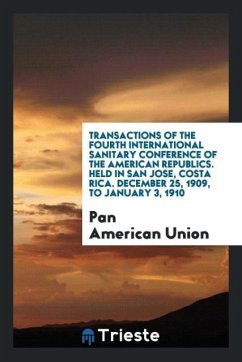In Food and Water Sanitary Practices in Baguio City, 1999, Gabriel C. Ortigoza presents a detailed examination of sanitation practices related to food and water in Baguio City, aiming to assess the effectiveness of local sanitary programs and their impact on public health. The study was designed to understand the level of implementation of food and water safety measures and the satisfaction of residents and health workers with these services. The research answers several critical questions: 1. Level of Attainment: What is the degree to which the objectives of food and water sanitary programs have been achieved in Baguio City? 2. Perceptions of Health Workers vs. Household Members: How do health workers' and household members' perceptions of the sanitation programs compare, especially regarding their satisfaction with the services? 3. Challenges and Problems: What challenges do health workers and household members encounter with food and water sanitary practices? >Ortigoza's study employed a descriptive methodology and focused on comparing the perceptions of two distinct groups: 50 health workers and 100 household members. These groups were surveyed to uncover their opinions on the effectiveness of existing programs, their satisfaction with the services rendered, and the problems they face in maintaining sanitation standards. Additionally, the study sought to identify potential courses of action to enhance the food and water sanitation efforts in the city. The study's findings were analyzed through the lens of statistical comparisons to determine whether significant differences existed between the perceptions and experiences of health workers and household members. These comparisons helped to highlight areas of consensus and conflict, providing a clearer picture of the strengths and weaknesses of Baguio City's sanitation programs. This research is an important contribution to the field of public health, particularly in the context of urban sanitation. It provides valuable insights into how sanitation practices impact public health in a specific urban setting and suggests practical steps for improving food and water safety. The study's results have implications for policymakers, public health officials, and communities working to enhance sanitation standards and ensure the well-being of residents. Ortigoza's work is a comprehensive, data-driven analysis that not only highlights the successes and shortcomings of existing sanitary practices but also offers a roadmap for future improvements. Through its focus on Baguio City, this study contributes to a broader understanding of food and water sanitation in urban Philippine settings, offering relevant lessons for other cities facing similar challenges.
Bitte wählen Sie Ihr Anliegen aus.
Rechnungen
Retourenschein anfordern
Bestellstatus
Storno







